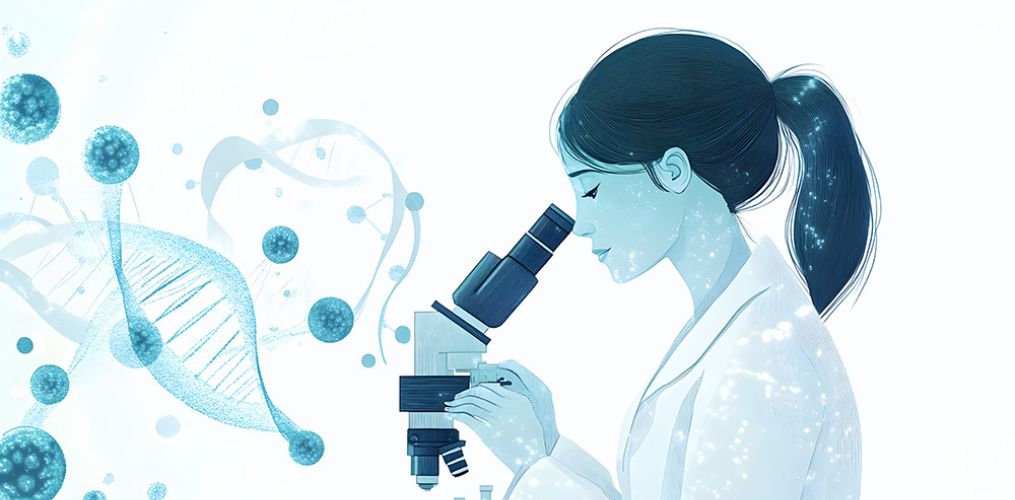
Thanks to our daily activities and European projects, we’ve had the opportunity to work with inspiring female researchers, technologists, managers, policymakers and science communication professionals.
For our International Women’s Day 2025 campaign, we have decided to put them in the spotlight and entirely dedicate the homepage of our LifeWatching TV to the talented women in science we have met over these years, collecting and republishing their interviews.
Some of these women are directly involved in LifeWatch ERIC or its National Distributed Centres, while others are researchers that we’ve had the chance to work with in the context of scientific projects.
We thought this was the perfect opportunity to revisit their work and listen once again to what they have to say, learning more about their expertise and understanding their impact on biodiversity and ecosystem research: from coastal wetlands to fisheries, bat populations to deep-sea observation, animal tracking and behaviour, invasive alien species, phytoplankton, to name just a few examples. After the end of this year’s campaign,these contents will remain available in the new permanent page “Women in Science”.
We have also expanded our efforts, replicating the initiative in our LifeWatch ERIC Podcasts, introducing a “Women in Science” category on our Podcasts page, making it easier to discover interviews and discussions with women scientists and showcase their contributions across various disciplines.
This is simply our way of recognising and celebrating the work of the women we have had the privilege to collaborate with over the years.
Explore our collection of podcasts and interviews here.
Watch the featured videos now on LifeWatching TV.